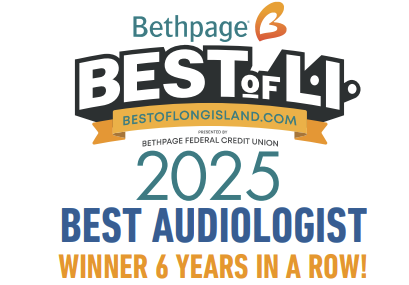
Over-the-counter hearing aid choices are showing up more often in stores and online. These instruments are meant to make it convenient to get assistance with hearing loss. They also increase the affordability of hearing help. Unfortunately, using over-the-counter hearing aids has caused quite a bit of concern from both medical experts and the government. Some states are even releasing warnings because they have received complaints from individuals who have used them. Here are just a few concerns.
Don’t Neglect Getting a Hearing Exam
The idea that you can just go buy a hearing aid at the store or online without going through essential steps like a hearing exam is a serious worry. It will be hard to identify what the right plan for your hearing loss is without these steps. You might also miss signs that your hearing loss is linked to other health concerns. Hearing tests also let you know how to program the device for best results.
There Are Different Levels And Types of Hearing Loss
In general, people tend to think of hearing loss as a sort of decreasing of the volume meter on your ears. The effect is immediate when you do that on your stereo: everything gets quiet.
But real hearing loss is more like messing around with the eq levels on a high-end stereo (or your music app on your computer). This happens because different wavelengths and frequencies are impacted with hearing loss. So you may actually be doing additional damage to your hearing if your hearing aid is not properly calibrated.
The more sophisticated OTC hearing aids do a fairly good job of indicating on their packaging which frequencies they are boosting. If you’ve had a recent audiogram you can try to do it by yourself. Even then, you’re probably best off asking us to help program it. Sometimes, OTC hearing aids won’t be able to be personalized to the requirements of somebody that has a more complex kind of hearing loss.
Making Smart Hearing Aid Decisions
People have more choices in terms of devices to help with hearing than they ever did before. But it’s also more challenging to make some decisions because there are so many options. You’ve most likely experienced this type of “analysis paralysis” when flipping through the channels and attempting to choose something to watch.
Here are a few ways you can make some wise decisions with your hearing aids:
Some amplification devices are marketed to look like hearing aids so be careful of this. It can often be challenging to tell the difference. Where a hearing aid will raise only certain frequencies of sound, a hearing amplifier will turn up the volume on everything. And that can be bad for your ears over time. After all, you likely don’t require all frequencies to be boosted, only the ones that you can’t hear right now. Making sounds universally loud will dull the sounds you’re already capable of hearing.
Keep us involved. Whether you opt to go OTC or not, it’s very important to talk with us first. We can find out how complex your hearing impairment is with a simple hearing test. An OTC hearing aid might not be a good fit. You will be in a better position to determine which solution fits your needs when you have an audiogram.
Over-the-counter hearing aids are often not the ideal solution. But it’s significant to keep in mind that most of these problems can be easily solved with a little personal education and a professional evaluation. Hearing is essential to your general health. It’s worth taking the extra step and get examined first.







